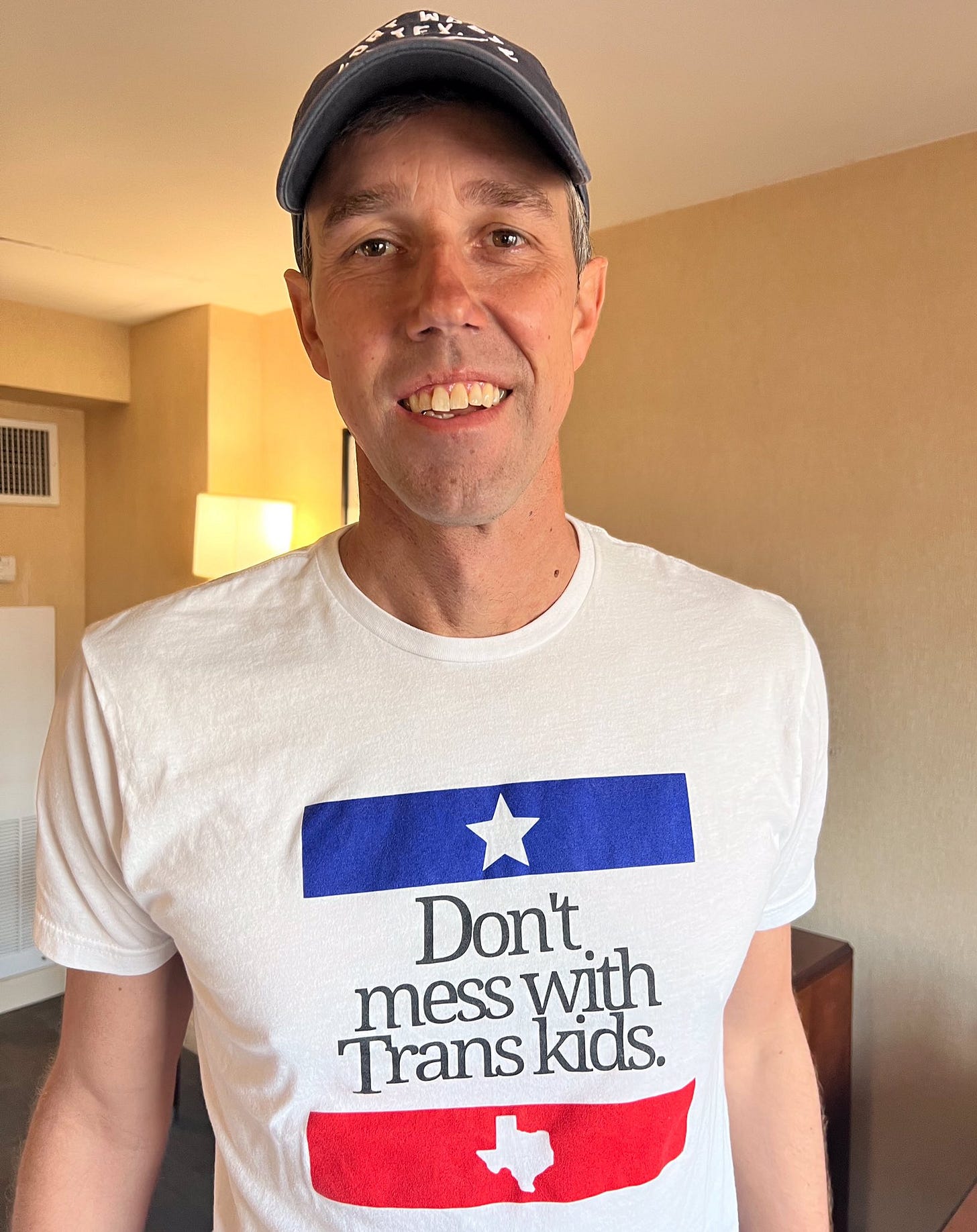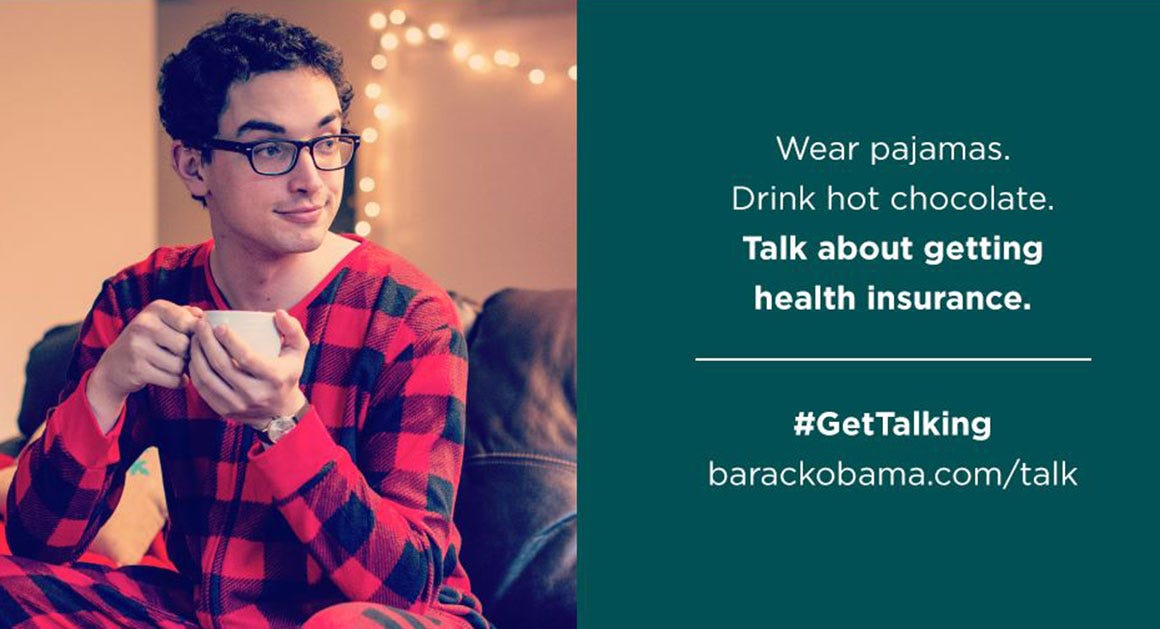Childhood, Made and Unmade
In which a toddler consents to servitude, and we come full circle
Where does this come from?
With apologies, I’m going to open by dumping a whole paragraph of blockquote on you. I promise it’ll be worth it:
In sixteenth-century England, children over age seven were of "ripe age" to marry (under seven they could contract only "espousals," or betrothals). Four-year-olds could make wills to give away their goods and chattels. Children of any age could bind themselves into apprenticeships. Eight-year-olds could be hanged for arson or any other felony. Teenagers were routinely elected to Parliament. Children who owned sufficient property could vote. And custody as we know it did not exist. These norms applied not only in England but in Virginia as it was founded during the seventeenth century. Although modified by Massachusetts and Pennsylvania at their founding, those norms changed even more in England over the next two centuries, a change accelerated in America by the Revolution. Still, laws that accepted children's consent, and even in some cases their broader authority, had not changed completely in England or its former colonies by the early nineteenth century. In Pennsylvania in 1811 two-year-old Phoebe Stuart still placed her mark at the bottom of an apprenticeship contract, indicating that she consented to her indenture.
That’s the remarkable opening paragraph of Holly Brewer’s important book By Birth or Consent: Children, Law, and the Anglo-American Revolution in Authority. Brewer argues that a differentiated “childhood” gradually grew out of 17th-century political discourse and the emergence of reasoned consent at the center of political thought; the exclusion of children from the group of people who could “consent” to be governed grew from — among other sources — John Locke’s “emphasis on human understanding, broadly associated with the eighteenth-century Enlightenment,” which “denies the authority of the young to make decisions, even over their own lives, until they have attained full use of their reason.”
The liberating force of social contract theory excluded people whose ability to measure and judge hadn’t fully developed; they had to wait, learn, and train for adulthood — and so they had to wait for citizenship and a political identity. They had to be ready to think about it. (You don’t have to worry about the ability of the governed to offer their thoughtfully informed consent if you rule them.) Children were excluded from a politics that moved the disciplined capacity for reasoned thought to the foreground; we made childhood by making the idea of citizens as an alternative to subjects.
If the American Revolution was one of the events along the path that made children children, elevating consent as a political concept, one of the obvious implications showed up to stay a century later. In 1880, the age of consent in most US states was 10 or 12 years old; by 1920, it was almost universally between 16 or 18. The change was the product of an organized age of consent campaign, led by some of the same women who were suffragettes and temperance activists.
The historian Mary Odem has argued that the age of consent movement happened in two phases: a 19th-century phase organized around the premise of protecting young girls from adult predation, and a 20th-century phase organized around a fear of female delinquency. But both started from the consistent moral view that children weren’t supposed to be having sex — that childhood, that creation of reason, shouldn’t be a moment for sexual behavior, which was polluted with depravity if it involved people who weren’t ready for it. The first woman to work full-time as a regular police officer in the United States, Alice Stebbins Wells, joined the LAPD in 1910 to patrol for “young female moral offenders.”
So sex was firmly placed outside of childhood by a historically contingent view that human existence is organized around reason and consent, around thinking and choosing. Sex, and sexualized identity, are for people who have grown into it.
The bizarre and appalling emergence of a sexualized 21st-century childhood — with trans kids, grade-schoolers with thoughts about the relationship between their identity and their anatomy — is happening precisely because of an erosion of reason and consent from political discourse. We’re erasing Locke, elevating a governing class above a common class of people who hurt themselves if they try to think and speak too much.

We separated childhood because we elevated disciplined, measured, informed thought as a defining human ideal; we merge adulthood and childhood again while we elevate feeling as a social tool and watch a self-credentialing elite argue, with increasing explicitness, that we should leave thinking to our betters. For democracy to survive, we need more content moderation. That’s a societal implosion in one sentence, and it succinctly speaks to an entire conception of the human capacity for self-government. If no one is fully an adult, there’s no line to cross between adulthood and childhood. We’re destroying children because we’re destroying adults.
If adulthood doesn’t arrive when you develop the disciplined ability to reason your way to consent, it doesn’t arrive. Childhood and adulthood blend. We’ve mostly noticed the implication that works downward, adults who act like children — I’m looking at you, TikTok — but here we are dragging sexual adulthood into single-digit ages.
This is loss and regression. It speaks plainly to the fact of decline. Your body is autonomous; you alone have sovereignty over it. Your sexual choices, your behavior and identity, are yours to make. When you have developed a capacity for reasoned choice.
It took us centuries of political development to reach the idea of letting children be children; it’s only taking us a few years to give it up. We need a new age of consent campaign.




We used to teach children how become decent adults. Now we teach children how to be deranged adults, and we teach adults that they are better off acting like children. A recipe for societal disaster.
The horrible flip side to this is that the language of consent, as you intimate in the second-to-last paragraph, will not be abandoned but rather repurposed. Much as chivalry as a loose concept long outlived (outlives?) the age of knights and maidens, the language of autonomy and consent will be put on parade whenever convenient long after the Age of Reason has ended.
You'll own nothing, but you'll sign your lease - "you consented to Hate Has No Home Here when you lived here. Don't like it? Build your own municipal housing co-op!" You'll no longer have meaningful parenting rights over your kids, but by subjecting them to public (or, increasingly, private) schooling, you consented to school faculty doing so. ("You consented when you waved them onto the bus? Don't like it? Form your own school district, which is illegal.")
It's one of many tendrils comprising American anarcho-tyranny, that the law of the land is simultaneously "if it feels good, do it" and "by the way, here's what 'feels good' means, there is statute law in every state defining it, and if someone in a position of power wants to feel good with your property or your children, well, you consented to it by living on the earth's surface."